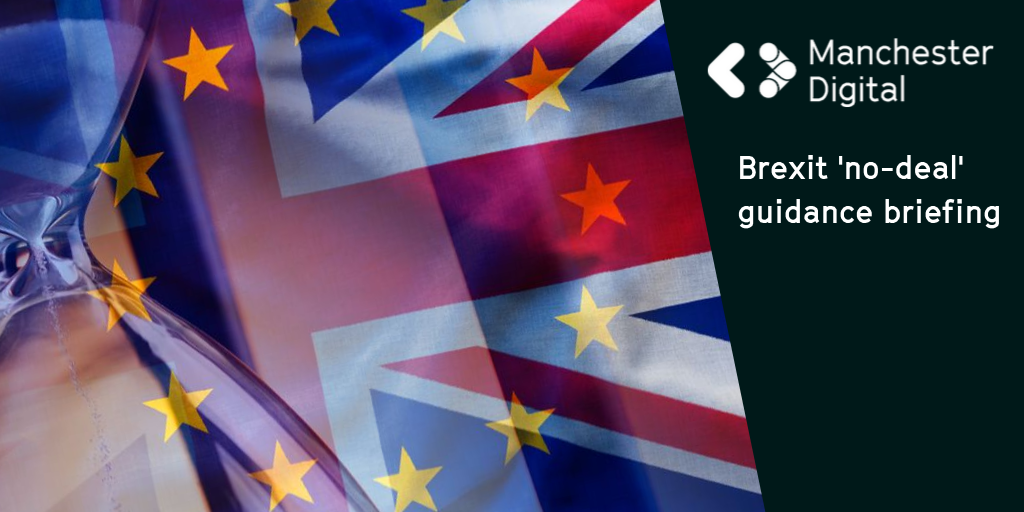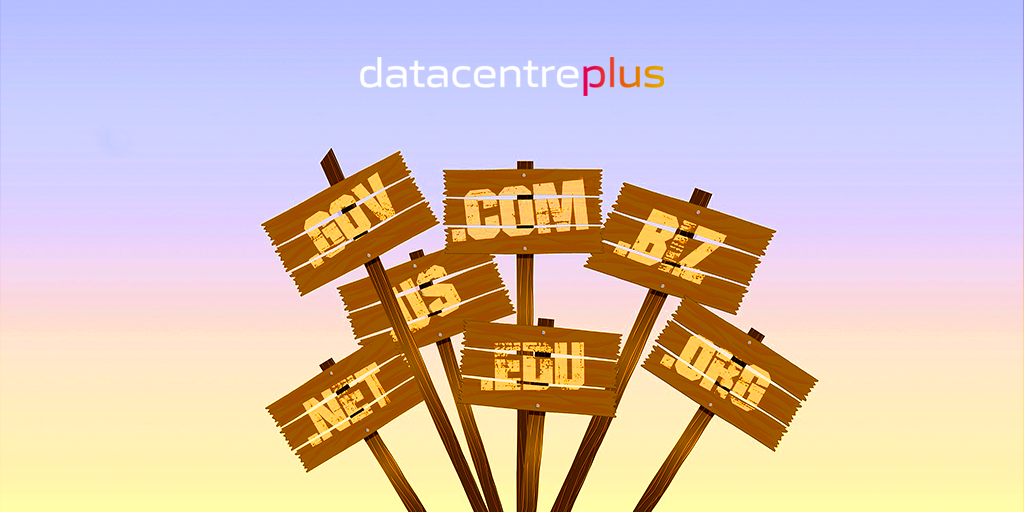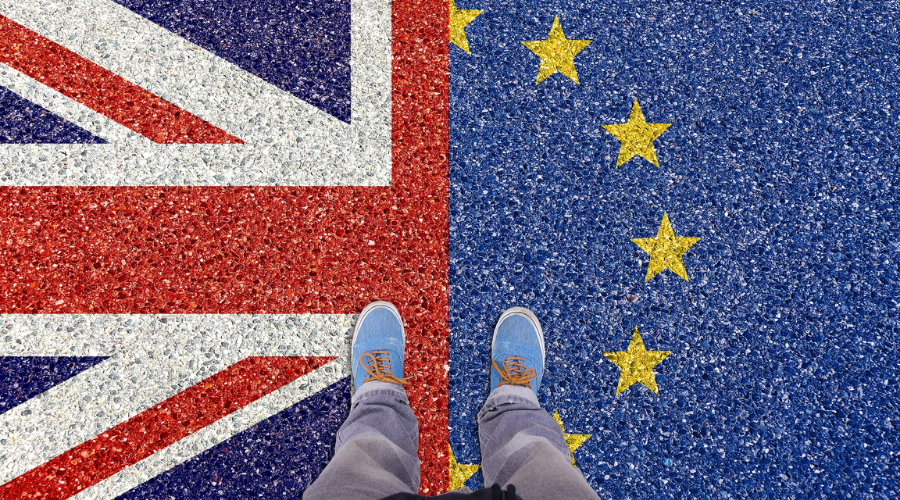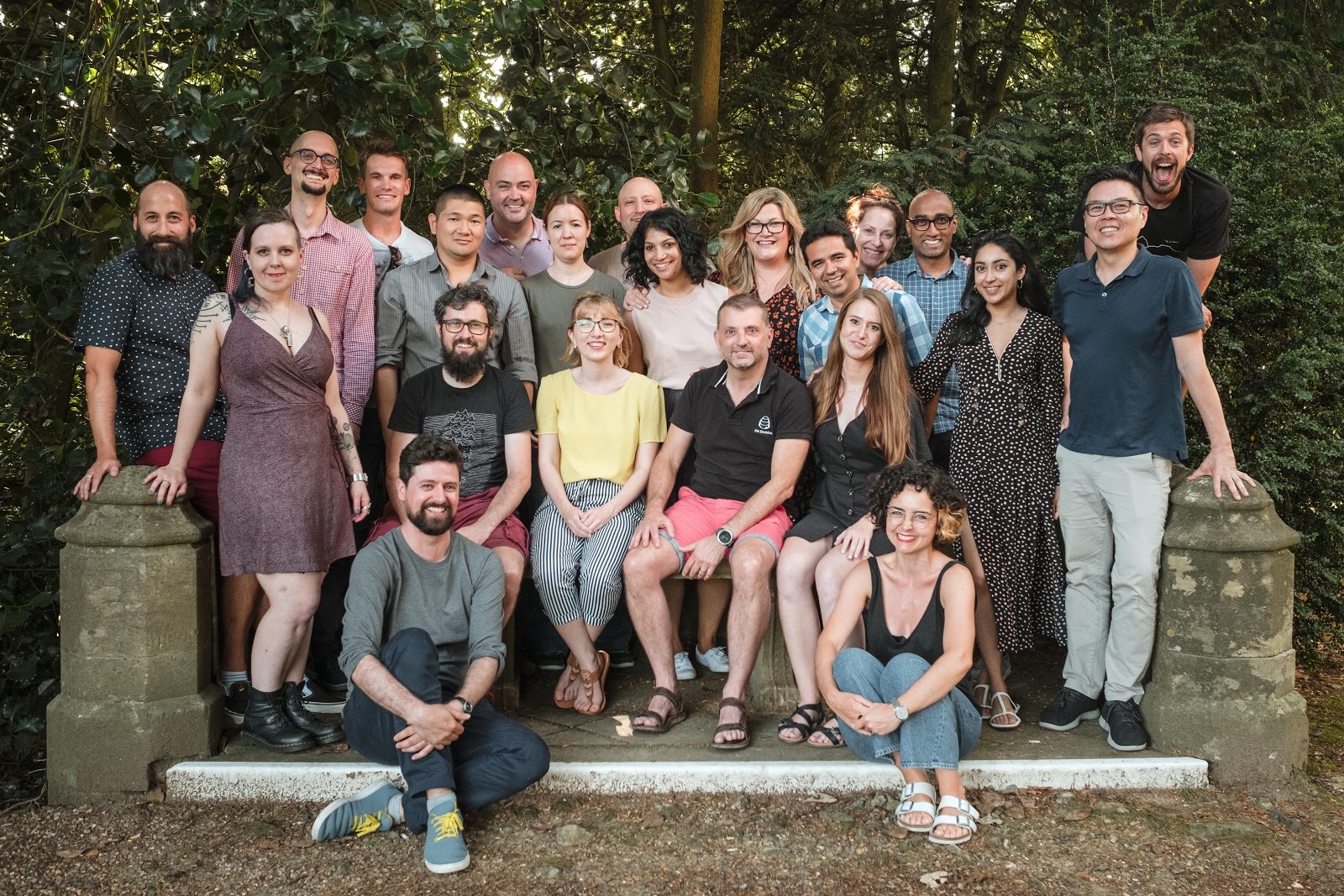
The internet browser domain is quite a walled garden at the moment, with Google’s Chrome, Apple’s Safari, and Microsoft’s Edge browsers claiming the lion’s share of current market utilisation based on the latest market research – with share estimated at 65%, 18.55%, and 5.03% respectively accordingly to statcounter GlobalStats. Although there are a variety of different browsers available to users, including the longstanding offerings from Firefox and Opera, there is quite a stranglehold in the market which has given the ‘Big 3’ a lot of power as far as privacy, cookie utilisation, and tracking of our activity is concerned. Secrecy-first browsers like DuckDuckGo have found niche audiences, but the crucial consideration is that users have to actively seek out these alternative offerings – which poses a substantial barrier to entry.
However, as a result of legislative changes in the EU that took place as of March 7 2024 (Digital Markets Act, otherwise known as DMA) this could all change, and offer consumers a more transparent way of choosing how they browse the internet and give suitable ‘steer’ in the direction of alternatives that are on offer beyond the respective manufacturer offerings that were being installed and utilised as standard across desktop and mobile hardware.
The aim is to reduce gatekeeping by a substantial amount, and in turn, inspire further development and innovation within technology. On a wider technology scale, six prominent gatekeepers have been identified by the European Commission - Alphabet, Amazon, Apple, ByteDance, Meta and Microsoft – and these organisations now have to comply with a substantial number of obligations surrounding their technology and associated deployment within the EU. Internet browsers are one such example of technology included in this category – and the changes are already beginning to bear fruit.
Under the new obligations, desktop and mobile devices being built by the Gatekeepers in question must present ‘choice’ screens on devices during setup that enable a user to select and install browser technology beyond the default choice previously utilised – thus removing the barrier to entry that had been previously in place for users seeking alternative technology offerings. This change has brought eyes towards some of the more niche options on the market; with Reuters reporting that specialist little-known offerings such as the Aloha Browser seeing EU usage jump up 250% since the introduction of the DMA. In these initial stages of the obligation enforcement, growth is also seemingly becoming a reality for Firefox and Opera – two of the more well-known alternative offerings those ‘in the know’ would typically use. However, the European Commission still remains unconvinced at the Gatekeepers’ current attempts at fulfilling their duties to consumers, and various investigations have already opened to better assess how these companies prepared for the rolling out of the DMA; and what remains to be changed to best meet the criteria set out.
With targeted advertising, cross-application data sharing and the use of our wider internet data being used for further motives than that which we intend, it will be pivotal to ensure a monopoly does not occur in the browser space; and with the European Commission’s DMA obligations, there is at least a political interest in attempting to make this happen. However, until consumers receive an internet browser offering that marks a tangible improvement on the standard Chrome, Safari, and Edge technology – a choice screen alone will not inspire radical enough change to stop this becoming a potential reality. The browser developers themselves will have to take initiative to make the Gatekeepers stand up and take notice.








